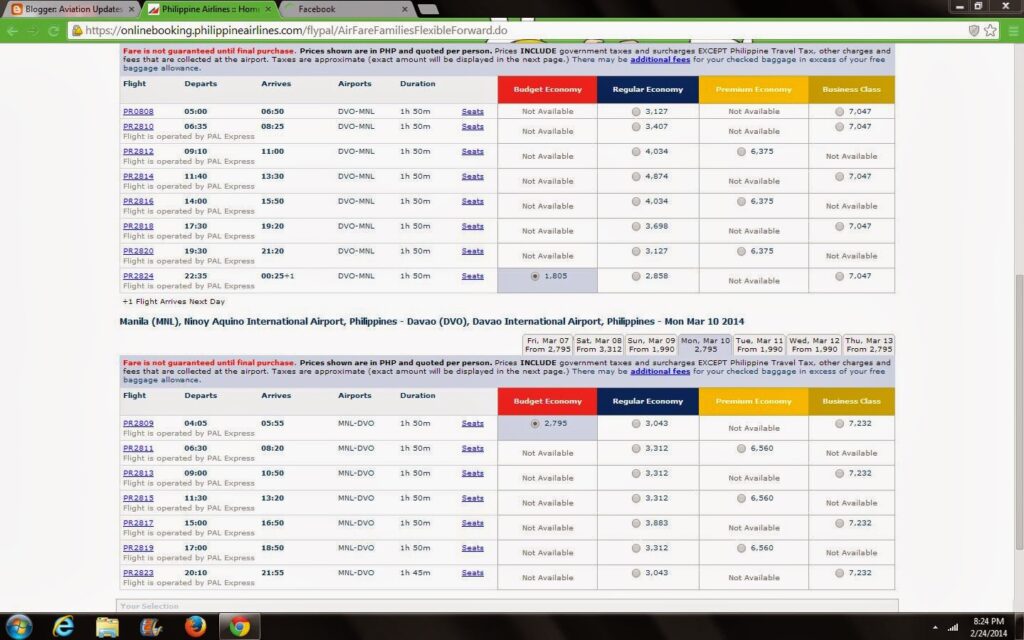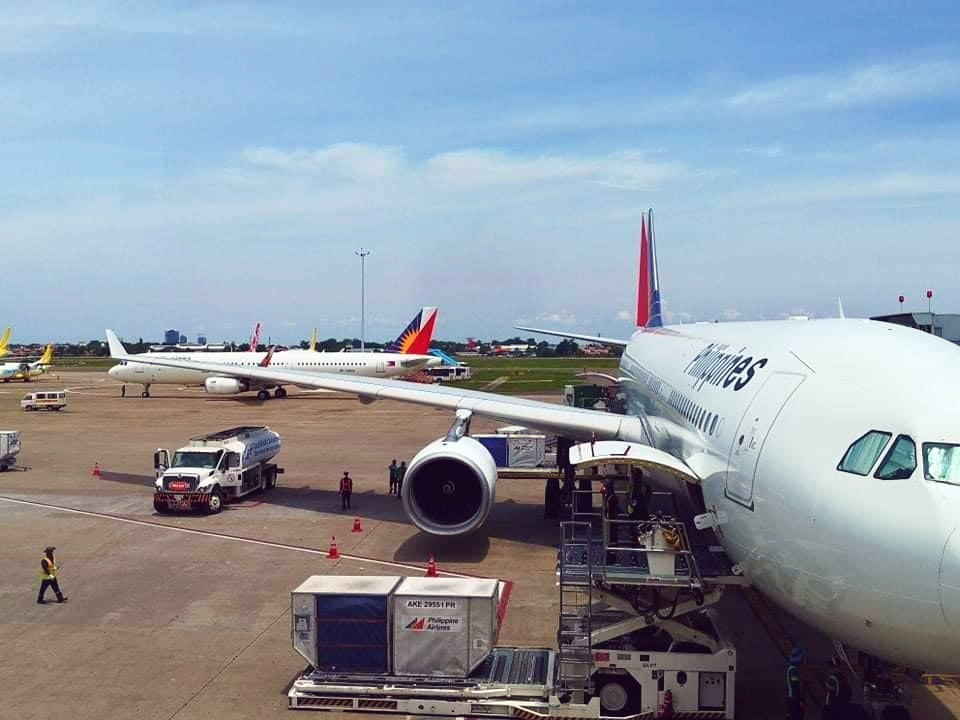In the ever-changing landscape of the aviation industry, the recent news of Philippine Airlines transferring all domestic flights to PAL Express has stirred up a whirlwind of questions and speculations.
Starting March 1, 2014, PAL Express is set to serve the domestic routes previously served by Philippine Airlines. These routes include Cebu, General Santos, Davao, and Kalibo. This move has left many wondering about the future of PAL Express’s Cebu hub. Social media platforms like Facebook are abuzz with queries like “Did PAL Express close their Cebu hub?” and “Will PAL Express shut down?” Unfortunately, we are still in the dark about these concerns.
The transition has not been without its hiccups. Several domestic flights have been cancelled, leaving passengers stranded and frustrated. However, Philippine Airlines has extended its apologies to the affected passengers and assured them that they will be accommodated on other flights.

The list of suspended flights starting March 1 and March 16 is extensive, affecting routes from Cebu to Bacolod, Iloilo, General Santos, Ozamiz, Puerto Princesa, Tacloban, and Davao. The suspension also affects flights from Butuan, Cagayan, Davao, Zamboanga, Jolo, and Tawi-Tawi.
Despite these challenges, Philippine Airlines has expanded its code-sharing agreement with PAL Express. This strategic move allows it to continue expanding its network while optimizing its existing fleet and resources. It’s a bold step, one that signifies the airline’s commitment to adapt and evolve in response to the dynamic demands of the aviation industry.
While the transfer of domestic flights from Philippine Airlines to PAL Express may cause temporary inconvenience, it could also pave the way for more streamlined operations and improved services in the long run. As always, the key lies in effective communication and efficient execution. Only time will tell how this significant shift will impact the Philippine aviation sector. Until then, we watch and wait.






















Leave a comment